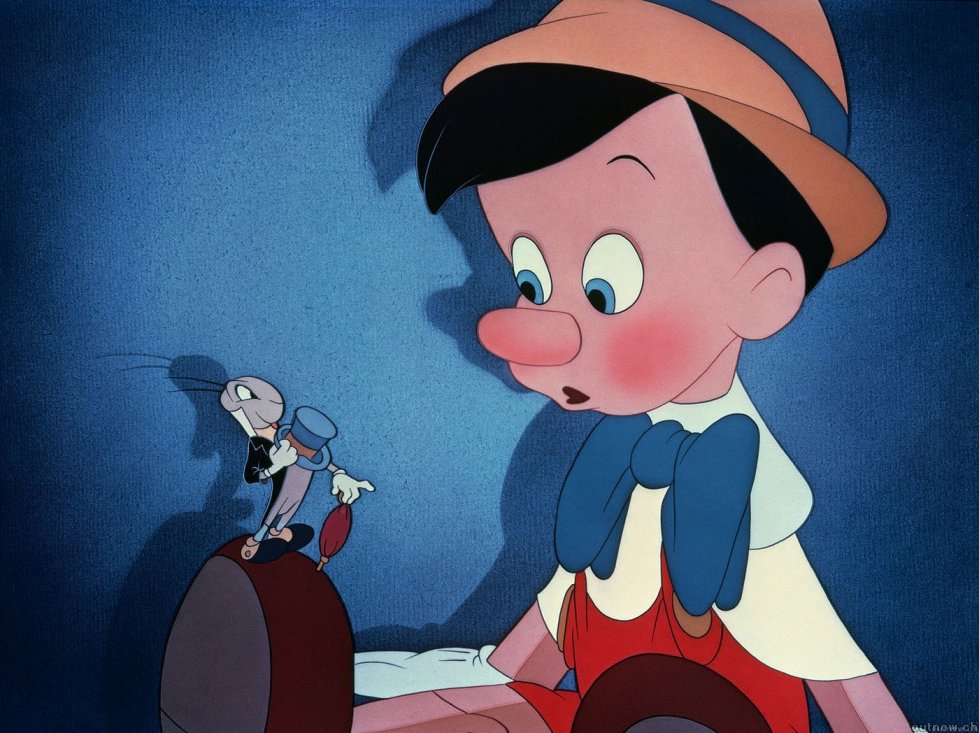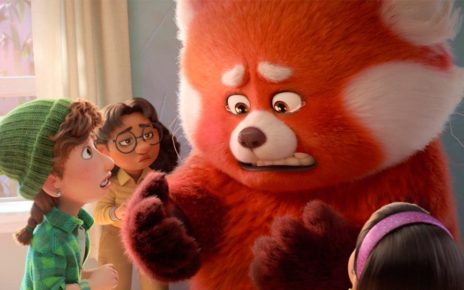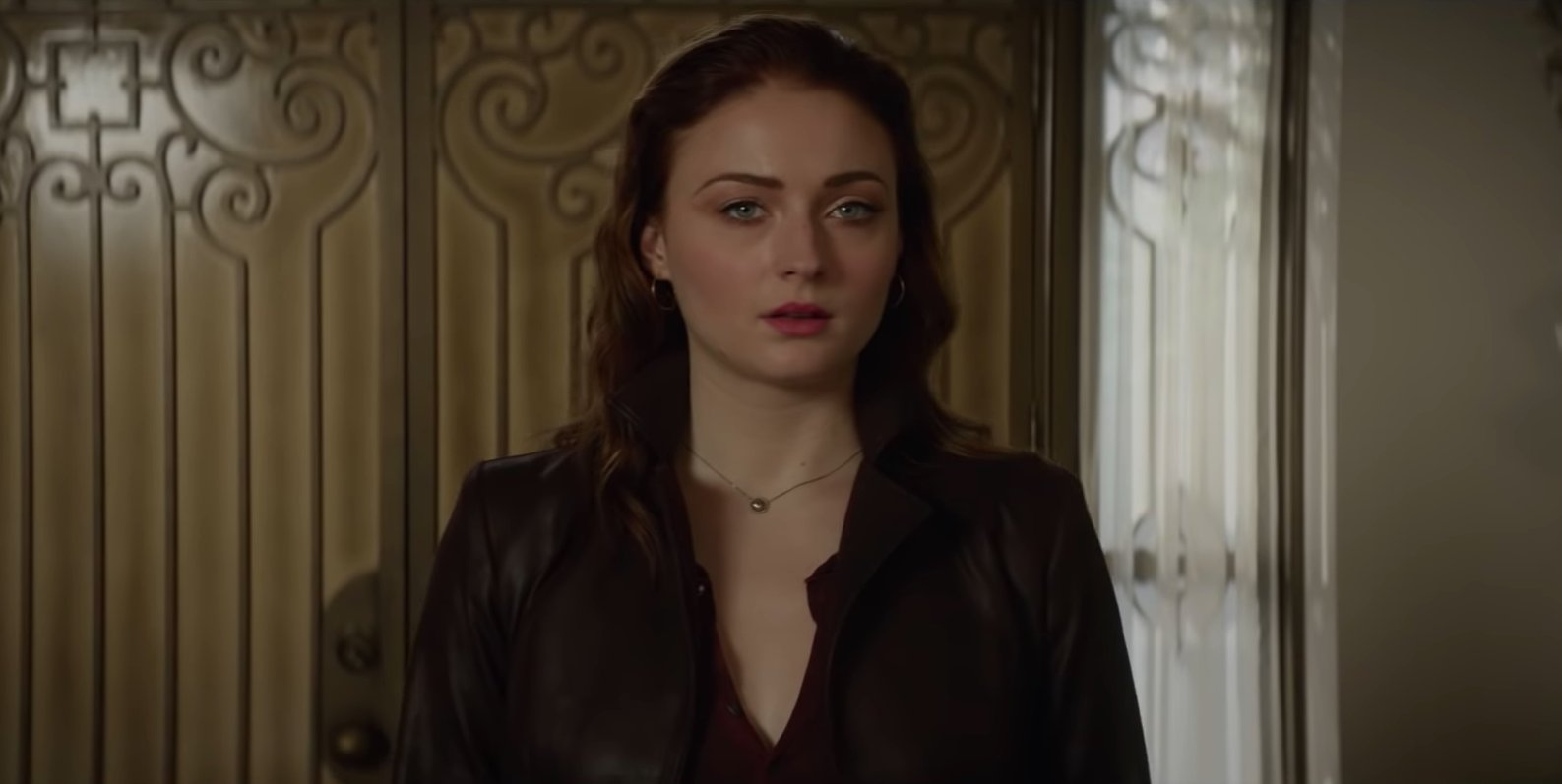This is quite a bizarre slice o’ Hell, ain’t it? No wonder Disney doesn’t trot this one out like Snow White or Cinderella. I see Pinocchio as Disney’s Dickensian homage to child labor, sweat shops, and tough-love preachy morality. “Now look here, Pinocchio, I know you’ve only been alive for twelve seconds, but you better be good, or you’re going to fry.”
I am getting ahead of myself; first, we have to give this puppet a soul. Narrated by what appears to be an immortal insect killjoy, the story of Pinocchio is brought to us by Jiminy Cricket (voice of Cliff Edwards), who recounts for us the day he became a human conscious. Again, I’m getting ahead of myself. Jiminy is passing through in an Italian village and stops in on the one place that still has the lights on – a workshop where the lone master Geppetto carves disturbing cuckoo clocks and other “playthings.” On the day in question, Geppetto has just put the finishing touches on a puppet that he names Pinocchio ahead of the objections by the cat and the fish. Well, if you weren’t gonna respect their answers, old man, why’d you ask?
All of this comes with fanfare. Jiminy is introduced while crooning the classic “When You Wish upon a Star” (popularized in the 1970s by Gene Simmons). Pinocchio has pacing issues throughout – did we really need to see multiple scenes of the clock where a mechanical child is getting paddled to mark the hour? Anyway, after a long and unnecessary workshop introduction, the film gets down to business: Geppetto wishes upon a star that Pinocchio would come to life, and  a fairy floats down to make that happen. Yet Pinocchio is just a living block of wood, so the fairy offers the carrot of becoming a real boy if Pinocchio hits some personal markers.
a fairy floats down to make that happen. Yet Pinocchio is just a living block of wood, so the fairy offers the carrot of becoming a real boy if Pinocchio hits some personal markers.
Meanwhile, as Pinocchio (Dickie Jones) doesn’t seem to have a conscience, the fairy gives that task to Jiminy Cricket so that the film can give its viewers a sense of frustration; what’s more fun in cartoon form than watching the personification (per-bug-ification?) of conscience?
So it takes, like, twenty minutes on screen to make Pinocchio real, and Geppetto immediately sends him off to school, alone. Say, Geppetto, you didn’t even wish to explore what grade your new puppet-boy might belong in? It’s all, “yippee, my wish came true! OK, get out!” This after we spent a full dozen separate cutaways exploring each individual cuckoo clock?
When did the idea of a personal conscience become a thing, anyway? Was this film a part of that revelation? Were children of the era born without consciences? Huh, well that sure would explain Trump.
Anyway, so this character who has literally been born yesterday and doesn’t have a conscience is sent off with the instruction of “don’t be bad, go to school.” At this point, Pinocchio is literally strongarmed by some riffraff who sell him to Stromboli’s lewd puppet revue, a nightmare for children of all ages. Yes, Strombloli’s, because what child can resist disgusting cultural stereotypes and panty-flashing in puppet form? Oh, and you just have to be there for the moment that Jiminy –the living personification of a human conscience—leers at some choice wooden ass. Who wrote that?!
Look, I could go on here, but I don’t want to spoil the fun. Suffice to say, it gets worse and I’m not quite sure how Pinocchio is supposed to learn about being good when the only “good” person he’s ever known shoved him out the door five minutes into life.
What strikes me as so peculiar are the legacy of Pinocchio takeaways. This movie shouts a warning at children, “be a good boy or you’ll turn into a slave labor donkey.” As I say, I don’t wish to spoil the “fun.” All the while, Pinocchio himself is given little capacity to understand correct behavior. The biggest takeaway from the film, however, is the taboo that still exists today – if you tell a lie, your nose will grow, just like Pinocchio’s. I expected this to be a big theme in the film, where ev ery three minutes we’d have to get out the sandpaper and whittle Pinocchio’s honker back to reasonable size because the kid just can’t stop fibbin’. This isn’t the case. Pinocchio only lies in one scene, not for personal profit, nor at another’s expense. Geez, that doesn’t even rate a tremor on the Trump Scale. Reducing an entire film to this throwaway moment seems … wrong. It would be like reducing It’s a Wonderful Life to the dangers of using shovels as sleds. Ahhhh, history.
ery three minutes we’d have to get out the sandpaper and whittle Pinocchio’s honker back to reasonable size because the kid just can’t stop fibbin’. This isn’t the case. Pinocchio only lies in one scene, not for personal profit, nor at another’s expense. Geez, that doesn’t even rate a tremor on the Trump Scale. Reducing an entire film to this throwaway moment seems … wrong. It would be like reducing It’s a Wonderful Life to the dangers of using shovels as sleds. Ahhhh, history.
I cannot fault the animation of Pinocchio. The climax, especially, is a first-rate compilation. It’s amazing to think about all these frames being drawn by hand. I also can’t fault the intent. The filmmakers really did want to teach children lessons about good and bad in animated form. The problem seems to be that movie producers didn’t know jack about how to market to children until boomers came along. Geez, between this and Wizard of Oz (1939), it’s no wonder your generation grew up without empathy; I bet you think voting for Trump is doing us all a favor. Just because tough love was the only love you guys understand doesn’t mean you have to take it out on the rest of us. In the mean time, two stars for Pinocchio is a generous gift to Disney’s history; this film blew and I’d really recommend it to nobody.
♪ Hi-diddle-dee-dee
A blogger’s life for me
You think your thoughts and then you jot
You stay up late to stir the pot
You state your case, but all for naught
Your one reader’s a Russian bot
A blogger’s life for me♫
Rated G, 88 Minutes
Director: Norman Ferguson, T. Hee, Wilfred Jackson, Jack Kinney, Hamilton Luske, Bill Roberts, Ben Sharpsteen
Writer: Ted & Otto Englander & Webb Smith & William Cottrell & Joseph Sabo & Erdman Penner & Aurelius Battaglia, Bill Peet
Genre: Puppet show and divinal tap
Type of being most likely to enjoy this film: People who haven’t seen the film in decades
Type of being least likely to enjoy this film: People who have
♪ Parody Inspired by “An Actor’s Life for Me”



